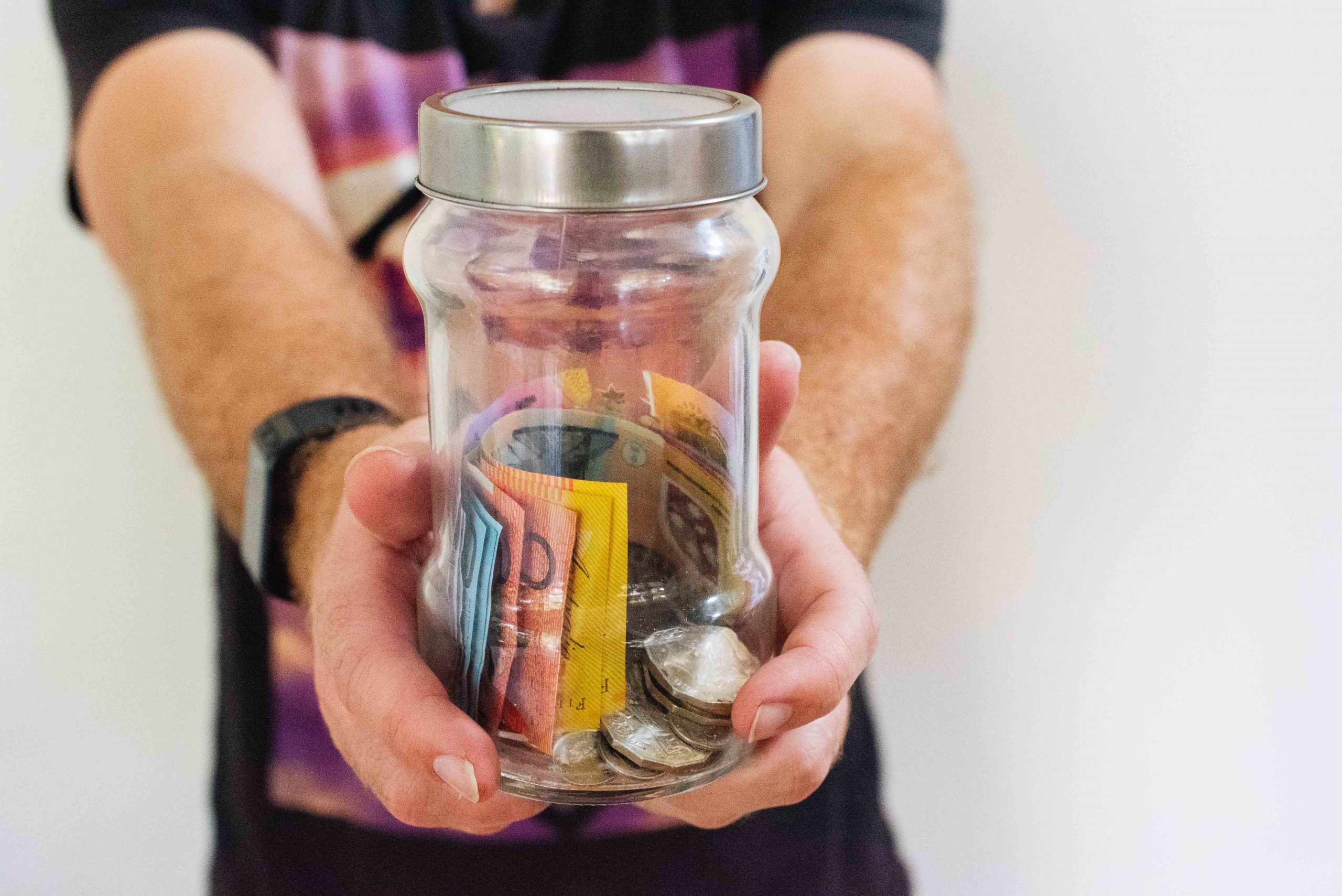Purchasing cryptocurrency has traditionally been a complicated process. While the cryptocurrency ecosystem has matured dramatically over the last decade, streamlined, regulated fiat to crypto payments have only recently become mainstream.
The modern cryptocurrency ecosystem is far more accessible than ever before, providing crypto investors and traders with the ability to purchase Bitcoin or other cryptos through a wide variety of different payment methods — from bank transfers, to crypto ATMs, or with credit or debit cards.
Buying into the cryptocurrency market may be simple — but it’s important to carefully plan your capital distribution. Easy Crypto, a popular New Zealand-based cryptocurrency brokerage platform, now allows both NZ and Aus-based users to set up automated cryptocurrency purchases in a few simple steps, streamlining the purchasing process and allowing for careful investment budgeting.
What is Easy Crypto?
Founded in 2018 by Alan and Janine Grainger, Easy Crypto is a simple, easy to use cryptocurrency brokerage platform designed to streamline the process of purchasing or selling cryptocurrencies such as Bitcoin, Ethereum, Stellar, Nano, and more.
Notably, Easy Crypto is one of the first fully-guaranteed crypto platforms in the Asia Pacific region, providing users with a full guarantee that their funds are safe while using the Easy Crypto service. Easy Crypto doesn’t hold user capital, and focuses on providing a simple, transparent purchasing interface ideal for first-time or casual crypto buyers.
Additionally, Easy Crypto provides a dedicated portfolio tracker, allowing users to track their investment and stay up to date with market movements.
How Does Easy Crypto Auto Buy Work?
Easy Crypto’s Auto-Buy functionality can be set up in a relatively straightforward manner, allowing users to automate purchases of over 60 different cryptocurrencies.
Easy Crypto provides a dedicated section for automatic payments, which provides users with a clean interface which is used to select the schedule, payment, and distribution of which cryptocurrencies to purchase.
When set up, Easy Crypto’s Auto Buy function will automatically purchase and distribute cryptocurrency to the addresses designated by the user. Payments can be made via bank accounts on an automated basis.










